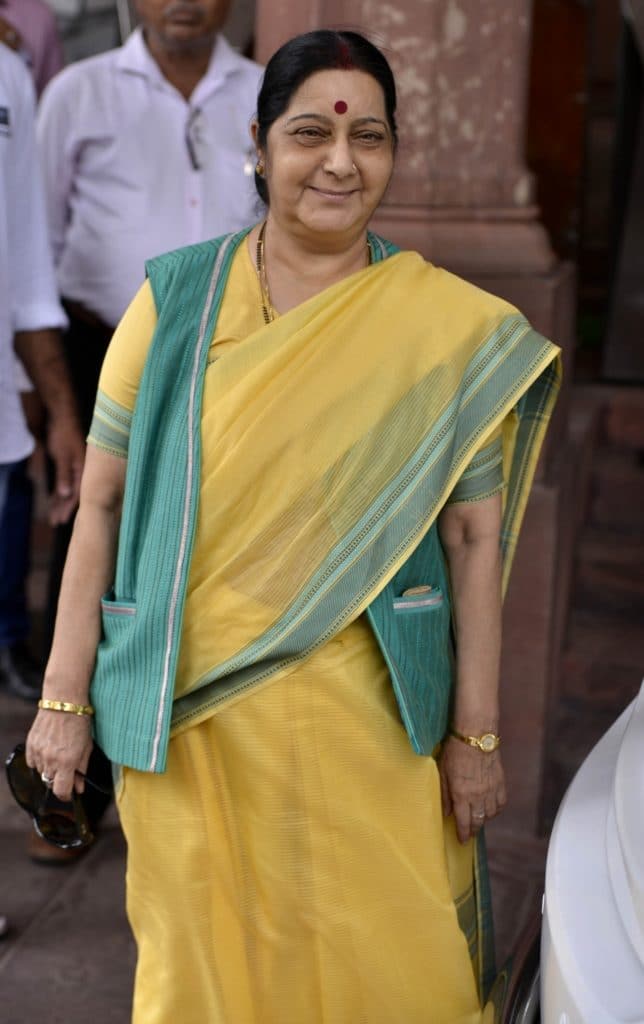Kin of 39 Indians who went missing in Mosul, when the Islamic State group attacked the city three years ago, have been asked to submit their DNA samples as Indian and Iraqi authorities want to explore all possibilities. The 39 missing men worked for a construction company in the Iraqi city.
External Affairs Minister Sushma Swaraj said in Parliament in July 2017: “It is a sin to declare a person dead without concrete evidence. I will not do this sin.” She added: “This file will not close till there is proof that the 39 Indians are dead.” Her statement came after speaking to Iraqi Foreign Minister Ibrahim al-Eshaiker al-Jaafari on the issue. She also said in July that Gen. VK Singh, the Minister of State for External Affairs, was told during his Iraq trip that the 39 people were being held at the Badush prison near Mosul.
However, the fate of these missing Indians was still unknown two months later, Iraq Prime Minister Haider al-Abadi confirmed. Having exhausted most options, the External Affairs Ministry sent a letter to officials in Punjab and other states to collect DNA samples of the families of the missing men. Most of the people who went missing belonged to rural families in the state.
The families, which had hope until now, expressed that they were fearful for what the DNA test means. The samples were needed as a team from India is visiting Iraq on Oct. 23. However, the Government Medical College in Amritsar district did not have the required equipment for the samples. The nine families that went there were told to return on Oct. 23, the Hindustan Times reported. The newspaper also quoted a source saying that there was no finality to the case just because DNA samples were being taken. The search for the men was ongoing, the source added.
All of us have been asked to undergo DNA test,don't know why.Very nervous:Gurpinder,sister of Manjinder(one of 39 Indians missing in Iraq) pic.twitter.com/YPKlfvPbCq
— ANI (@ANI) October 21, 2017
The Punjab health department collected blood samples from families of three men, Malkait Singh, Kamaljeet Singh and Dharminder, from Gurdaspur.
Politicians and Iraqi authorities had urged the Indian government that DNA samples should be collected when mass graves were found in Mosul earlier this year after the Iraqi forces freed the city.
One of the earliest claims about the death of the 39 men came from a man from Punjab, Harjit Masih, who had reportedly escaped the clutches of IS group in Mosul in June 2014.
